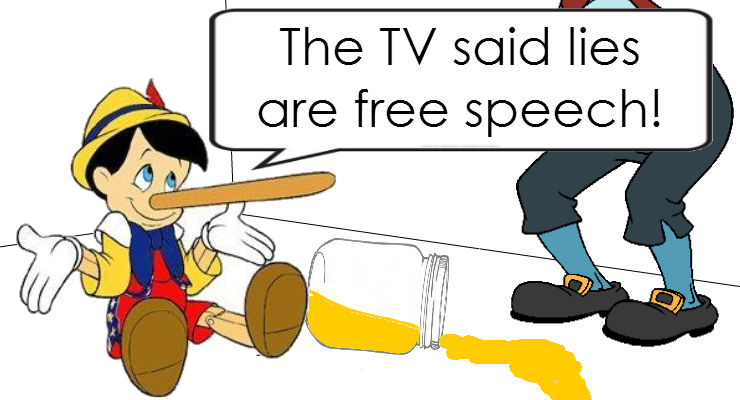
A new bit of research from the University of Connecticut shines light on the power of political persuasion as it relates to the debate on climate science in American politics. Researchers Salil D. Benegal, from the Department of Political Science at DePauw University, and Lyle A. Scruggs, from the Department of Political Science at University of Connecticut released their report concluding that there are ways to battle partisan misinformation that can have an impact.
The full research, titled “Correcting misinformation about climate change: the impact of partisanship in an experimental setting”, can be read here but here is the full abstract:
Misperceptions of the scientific consensus on climate change are an important problem in environmental policy. These misperceptions stem from a combination of ideological polarization and statements from prominent politicians who endorse information contradicting or misrepresenting the scientific consensus on climate change. Our study tests a source credibility theory of correction using different partisan sources of information in a survey experiment.
We find that corrections from Republicans speaking against their partisan interest are most likely to persuade respondents to acknowledge and agree with the scientific consensus on anthropogenic climate change. The extent of these effects vary by the partisanship of the recipient. Our results suggest that the partisan gap on climate change can be reduced by highlighting the views of elite Republicans who acknowledge the scientific consensus on anthropogenic climate change.
A write up of the research was published in Science Daily added some interesting details:
The study included 1,341 people, data collected by the Intergovernmental Panel on Climate Change, and focused on a specific partisan issue on which scientific consensus has been widely adopted by Democrats but challenged by Republicans. Participants included those who self-identified as Republicans, Democrats, or Independents.
As expected, study authors found a partisan gap between Democrats and Republicans in their stated opinions on climate change, with Democrats expressing the highest level of concern and scientific agreement. The partisan gap diminished, however, with corrective information. In the study, misinformation was corrected by factual information from different sources stating the presence of broad scientific consensus that climate change is happening and attributable to human activity.
What are your thoughts?
Leave a Reply